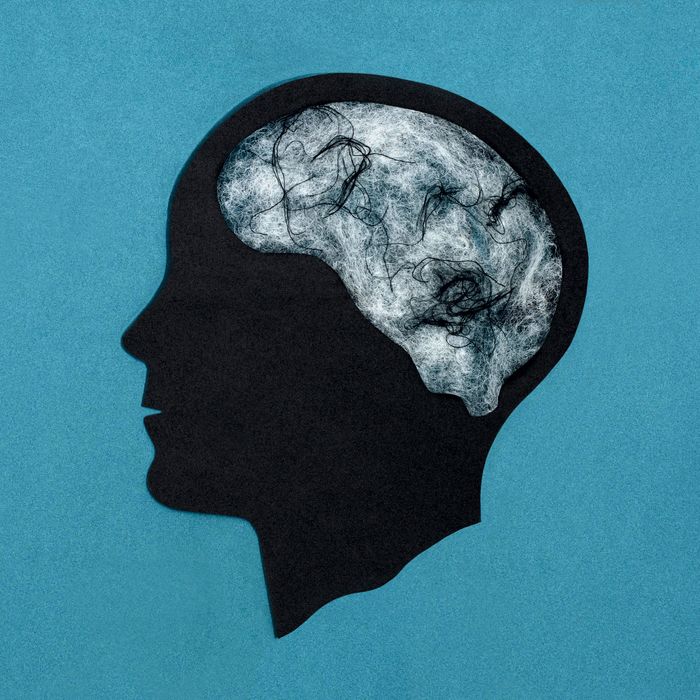For many people, COVID-19 infection is either symptomless or mild (though what counts as “mild” can include a fever, dry cough, shortness of breath — everything up to the point of hospitalization).
People with mild cases typically feel better within two weeks, while those with more severe cases may take six weeks to recover. A smaller (but growing) percentage of patients also experience what’s been called “long COVID,” or symptoms that persist for months on end. The nature of the symptoms can vary, but a particularly troubling one among those with long-lasting COVID-19 is “brain fog,” a non-medical term used to encapsulate symptoms like confusion, forgetfulness, inability to focus, and trouble communicating.
How common is COVID-19 brain fog?
It remains hard to know just how many COVID-19 survivors experience brain fog, but Igor Koralnik, chief of neuro-infectious disease at Northwestern Medicine in Chicago, told the Times he believes there are thousands. Michael Zandi, a consultant at the UCL Queen Square Institute of Neurology in London, told The Guardian that studies done so far put the proportion of COVID-19 survivors who experience cognitive symptoms at up to 20 percent. Meanwhile, a French study on 120 COVID patients who’d been hospitalized found that 34 percent experienced memory loss and 27 percent experienced concentration issues months after recovery.
Experts like Zandi have typically noted cognitive impairment and brain fog in older patients with more serious COVID cases, and particularly among those who had been hospitalized and/or on ventilators. But Anna Nordvig, a neurologist and postdoctoral clinical and research fellow at Columbia University Vagelos College of Physicians and Surgeons, has reported seeing “a trickle” of younger patients with brain-fog symptoms. Most, she says, go on to recover.
What causes COVID-19 brain fog?
Doctors aren’t sure, but there are several theories. Serena Spudich, chief of neurological infections and global neurology at Yale School of Medicine, told the Times the cause might be inflammation of the blood vessels. The body’s immune response to COVID-19 can release inflammatory molecules that, she says, can be toxic to the brain. Another possibility, says Spudich, is that the immune response leads the body to mistakenly attack nerve cells.
Among hospitalized patients, especially those put on ventilators, one explanation might be a lack of oxygen to the brain, says Zandi.
Another possibility is that brain-fog-like symptoms experienced by some (if not all) COVID-19 survivors are a form of PTSD, according to a study by Andrew Levine, a clinical professor and neuropsychologist at UCLA. Levine found that patients of SARS and MERS (two previous coronaviruses) had a heightened risk for PTSD, and hypothesized that COVID-19 may operate similarly. Because ‘brain fog’ is a relatively broad and imprecise term, some of the symptoms that it encapsulates might also be explained by extreme tiredness, poor mood, and stress — all of which are expected reactions to the pandemic.
Is COVID-19 brain fog permanent?
This, again, is hard to know for sure. there are COVID-19 survivors who continue to report months of brain fog, but neurologists say they haven’t found any evidence of permanent brain damage on patients’ MRI scans yet. We do know that some SARS and MERS patients, most of whom were hospitalized, reported psychiatric illnesses years and chronic fatigue afterward. According to Nordvig, COVID-19 is the first chance neurologists have had to study the potential for long-term cognitive impairment in milder cases of a coronavirus.
The Cut
More about: brain
















































